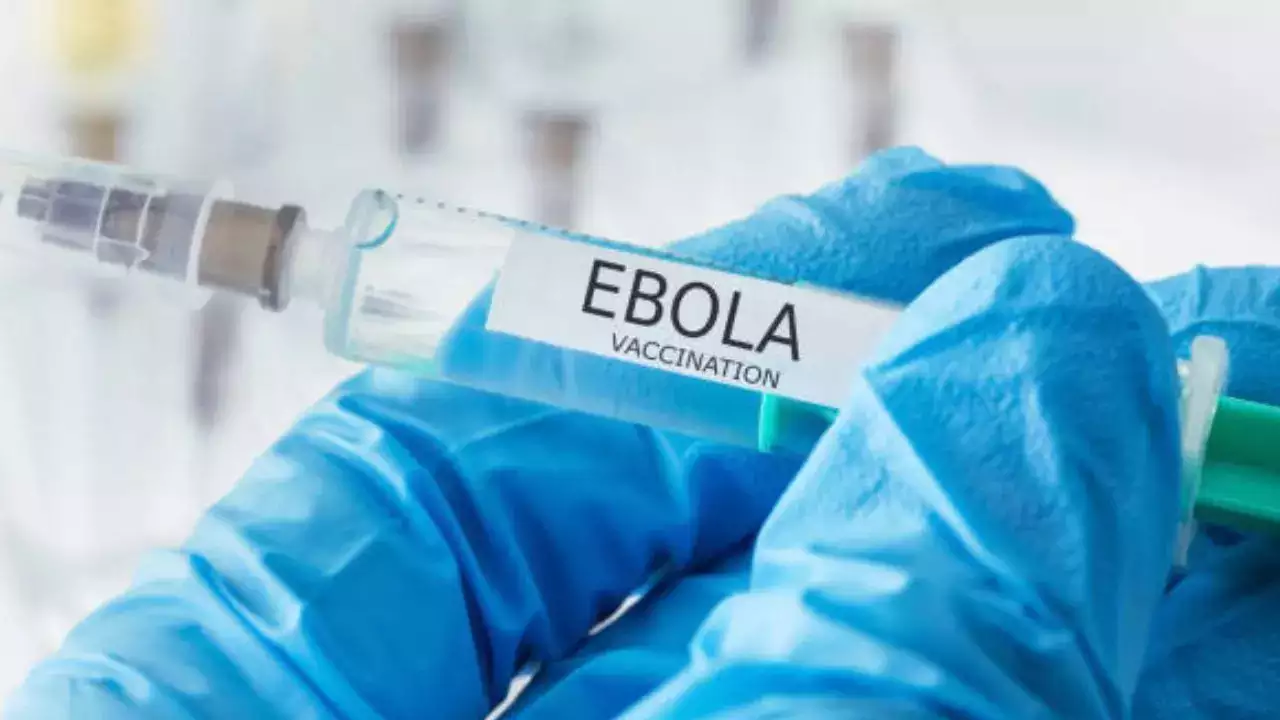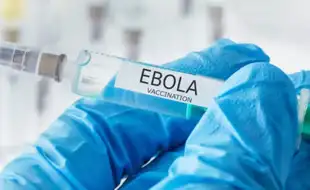
Ebola Outbreak In Uganda: Health Officials To Begin Vaccine Trial Soon (Image Credits: iStock)
Uganda is on high alert after a deadly Ebola outbreak was confirmed in the capital, Kampala. The virus has already claimed the life of a nurse, sparking fears of a wider spread. With no approved vaccine for the Sudan strain of Ebola—the type responsible for this outbreak—health officials are moving quickly to launch a trial vaccine in hopes of containing the virus before it spirals out of control.
Pontiano Kaleebu, the executive director of the Uganda Virus Research Institute, confirmed that scientists are fast-tracking research protocols to deploy more than 2,000 doses of a candidate vaccine against the Sudan strain of Ebola. However, he emphasized that this vaccine is still under trial and not yet licensed.
"The protocol is being accelerated to get all the necessary regulatory approvals," Kaleebu stated.
The World Health Organization (WHO) is supporting Uganda’s response and has already provided 2,160 doses of the trial vaccine. WHO confirmed that research teams have been deployed on the ground to work alongside surveillance teams while awaiting final approvals.
Why a Vaccine Trial is CrucialThe Sudan strain of Ebola does not yet have an approved vaccine. The recent outbreak has heightened concerns, as authorities are still investigating its source. So far, no additional confirmed cases have been reported, but health officials are closely monitoring the situation.
Uganda had previously gained access to trial vaccines during an Ebola outbreak in 2022, which resulted in at least 55 deaths. However, due to the outbreak ending within four months, officials were unable to conduct a vaccine study.
In the past, another Ebola vaccine, rVSV-ZEBOV, was successfully used during an outbreak of the Zaire strain in the Democratic Republic of Congo between 2018 and 2020. Over 3,000 people at high risk were vaccinated, which helped contain the disease.
Tracking Contacts to Control the Spread
Uganda’s Ministry of Health has identified at least 44 people who came into contact with the nurse who died, including 30 healthcare workers and patients. Contact tracing is crucial in stopping the spread of Ebola, which is a highly contagious viral hemorrhagic fever.
Ebola spreads through direct contact with the bodily fluids of an infected person or contaminated objects. Symptoms include fever, vomiting, diarrhoea, severe muscle pain, and internal or external bleeding in some cases.
Regional Concerns Over Hemorrhagic Fevers
Uganda’s outbreak is part of a wider trend of viral hemorrhagic fever outbreaks in East Africa. Tanzania recently declared an outbreak of Marburg virus—an Ebola-like disease—earlier this month. Rwanda also faced a Marburg outbreak in December, which was later declared over.
Northern Tanzania’s ongoing Marburg outbreak has already claimed at least two lives, according to local health authorities.
Challenges in Containing the OutbreakContaining the outbreak in Kampala poses a significant challenge due to the city’s dense and mobile population of approximately four million people. The infected nurse had sought treatment at multiple hospitals, including one outside Kampala, and had even travelled to Mbale in eastern Uganda before being admitted to a public hospital.
Adding to the complexity, the patient also sought treatment from a traditional healer, raising concerns about further potential exposure.
What We Know About Ebola
Ebola was first discovered in 1976 in simultaneous outbreaks in South Sudan and the Democratic Republic of Congo. It is named after the Ebola River, near where one of the first outbreaks occurred.
Scientists are still unsure about the virus's natural reservoir, but they suspect that initial infections occur through contact with infected animals or consuming their raw meat.
Uganda has experienced multiple Ebola outbreaks, with one in 2000 killing hundreds of people. The deadliest Ebola outbreak occurred in West Africa between 2014 and 2016, claiming over 11,000 lives.
With no approved vaccine for the Sudan strain, Ugandan authorities are racing against time to contain the outbreak before it spreads further. The success of the trial vaccine could play a crucial role in preventing future outbreaks and saving lives.
Get Latest News Live on Times Now along with Breaking News and Top Headlines from Health and around the world.

